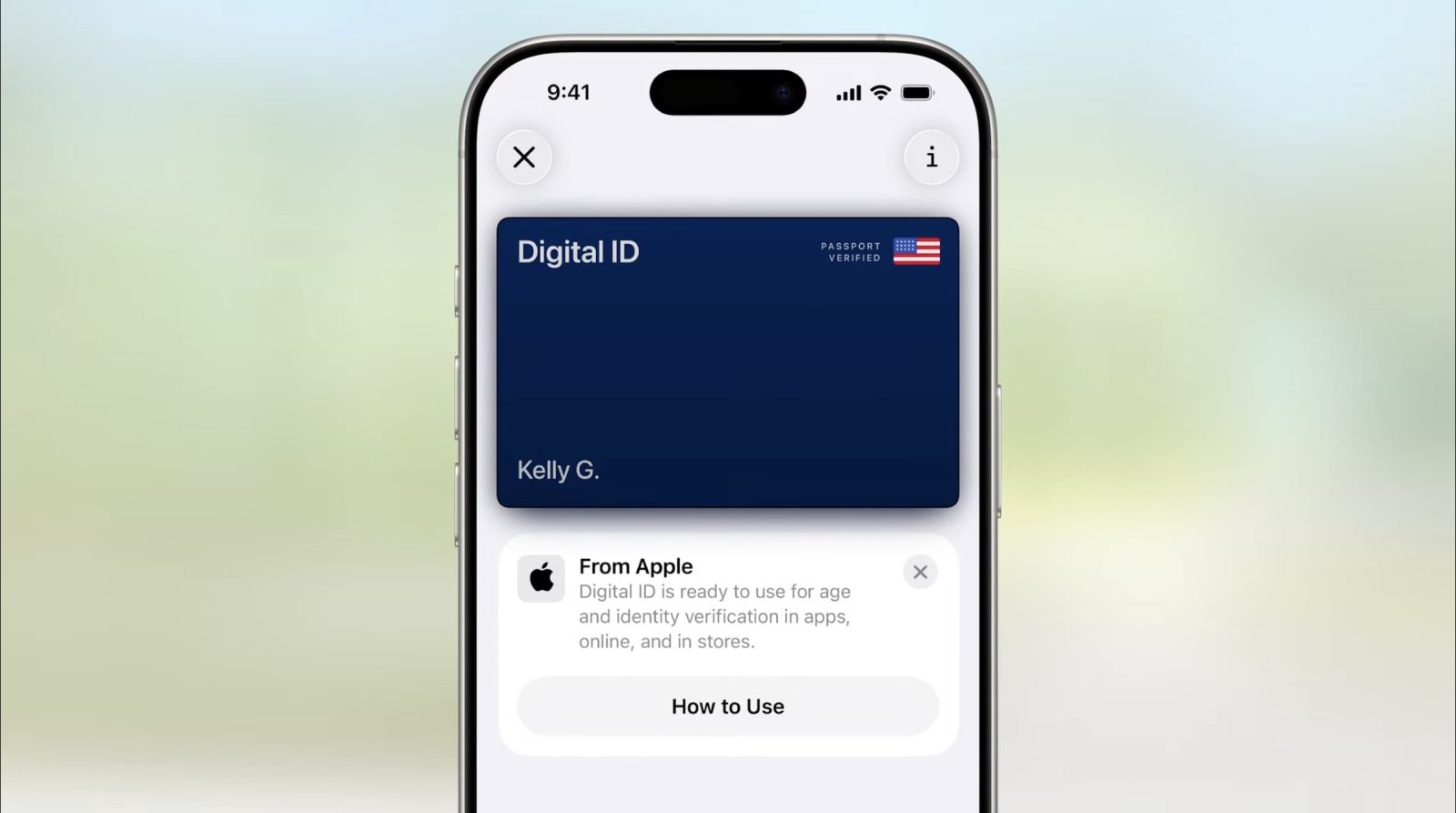Apple Wallet’s Integration of U.S. Passports: A Milestone in Digital Identification
Article Text:
Apple’s recent announcement to incorporate U.S. passport support into Apple Wallet marks a significant advancement in the realm of digital identification. This development is poised to transform how individuals manage and present their identification, offering a seamless and secure alternative to traditional physical documents.
The Evolution of Digital IDs in Apple Wallet
Since its inception, Apple Wallet has progressively expanded its capabilities beyond just storing payment cards. The introduction of digital driver’s licenses and state IDs was a pivotal step, with states like Arizona, California, Colorado, Georgia, Hawaii, Iowa, Maryland, New Mexico, Ohio, Puerto Rico, and West Virginia leading the charge. Residents in these regions can add their state-issued IDs to Apple Wallet, facilitating a more streamlined identification process at various checkpoints and venues.
The Significance of U.S. Passport Integration
The inclusion of U.S. passports in Apple Wallet is particularly noteworthy. Passports serve as a primary form of identification for international travel and various official purposes. By digitizing this essential document, Apple is not only enhancing user convenience but also setting a precedent for the future of digital identification.
Potential Benefits and Use Cases
1. Travel Efficiency: Travelers can present their digital passports at select Transportation Security Administration (TSA) checkpoints, reducing the need to carry physical documents and expediting the verification process.
2. Enhanced Security: Digital passports in Apple Wallet are protected by the device’s security features, such as Face ID and Touch ID, minimizing the risk of unauthorized access.
3. Environmental Impact: Reducing reliance on physical documents contributes to environmental conservation efforts by decreasing paper usage.
Implementation and Adoption Challenges
While the integration of digital passports offers numerous advantages, several challenges must be addressed:
– Standardization: Ensuring that digital passports are universally accepted across various agencies and countries requires the establishment of standardized protocols.
– Privacy Concerns: Safeguarding personal information is paramount. Apple must continue to implement robust encryption and privacy measures to protect user data.
– Technological Accessibility: Not all users may have access to compatible devices or the technical know-how to utilize digital passports, potentially leading to disparities in adoption.
The Road Ahead
Apple’s initiative to support U.S. passports in Apple Wallet is a significant stride toward a more digitized and efficient identification system. As this feature rolls out, collaboration between technology providers, government agencies, and international bodies will be crucial to address challenges and ensure widespread acceptance.
In conclusion, the integration of U.S. passports into Apple Wallet exemplifies the ongoing evolution of digital identification. While challenges remain, the potential benefits for users and institutions alike make this development a promising advancement in the digital age.


